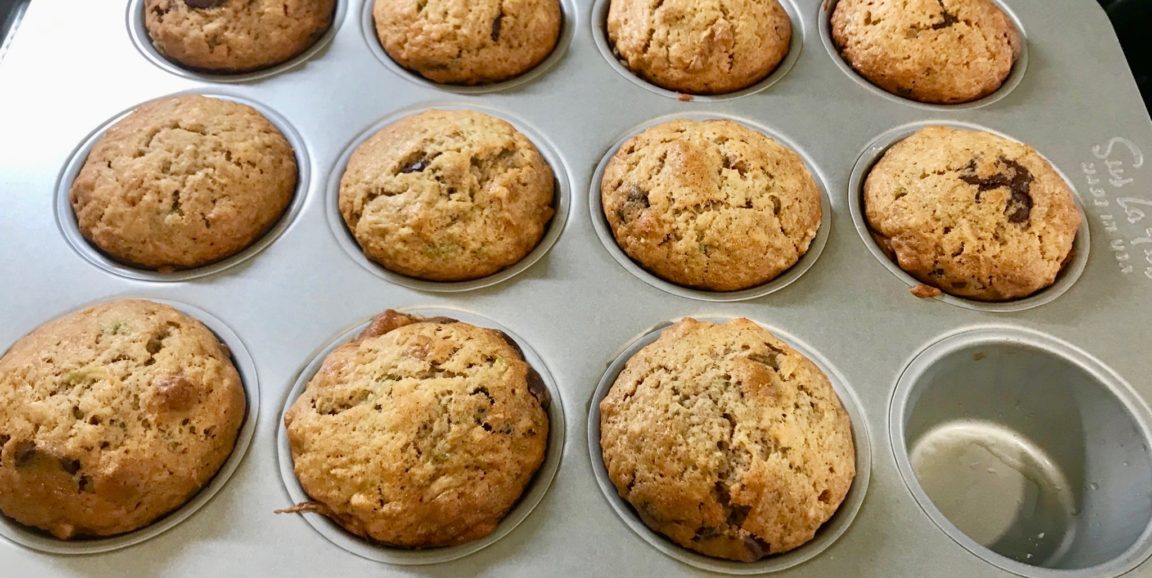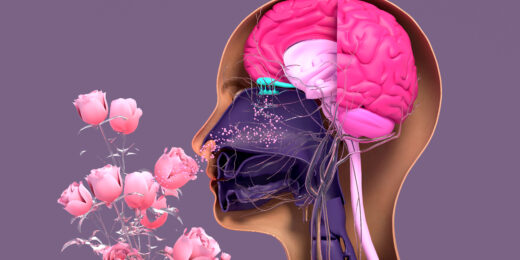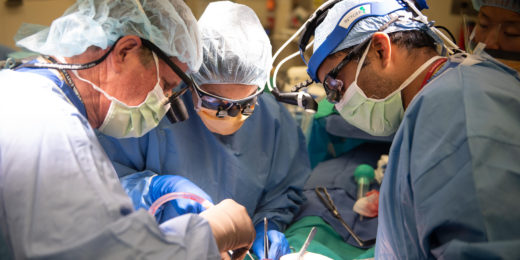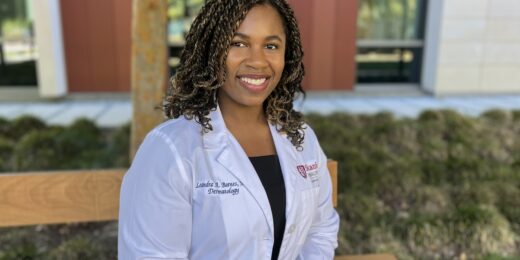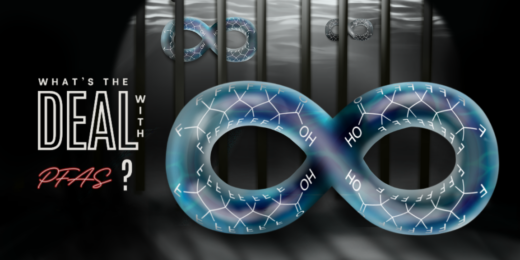Growing up in a Korean household meant that I had very little experience with the type of baking that most Americans are used to; My grandma made rice cakes, not birthday cakes.
But during my third year of medical school, an intern recommended a show called The Great British Bake Off. After watching a few episodes and seeing what devoted home bakers could do, I was smitten and resolved to bake a few treats of my own. I started with Betty Crocker box mixes and then moved up to making my own cookie dough -- I mixed it with a wooden spoon and baked it in my small graduate-school housing oven. I found the measuring, whisking, kneading, punching and waiting to be very therapeutic; and the promise of a treat at the end made the process even sweeter.
Soon, my baked goods grew in complexity. Out of my humble apartment kitchen, I produced an eclectic variety of cookies, tea-infused cupcakes, apple pies, pumpkin pies, quick breads and a number of other desserts.
At first, I abided strictly to the recipes from cookbooks and cooking blogs, heeding every instruction and ingredient. But as I began to understand the "whys" and "hows" of each step and component, I allowed myself to make changes to better suit my own palate -- and more practically, what I actually had available.
This improvisation -- based solidly on knowledge and experience -- is something I've also seen in the practice of medicine. There are many evidence-based guidelines on how to approach patient care. For example, we use the Centor score to diagnose a strep throat and the CHA₂DS₂-VASc score to assess stroke risk in patients with atrial fibrillation. These inventories, like time-tested recipes, were developed by skilled practitioners and have been validated by thousands more.
However, most human diseases lack strong, evidence-based guidelines for treatment. This means that physicians must rely on their own experiences and their understanding of the disease pathology to determine a course of action -- perhaps like the bakers on The Great British Bake Off, who, on each episode, are tasked with creating a specific culinary masterpiece with limited direction. In medicine, when guidelines come up short, it becomes even more important for a clinician to work with the patient on a one-on-one basis, to inform them of the limits of medicine and to help them make the best decisions to address their unique needs.
But there are limits, in medicine and in baking. I found myself discussing both during my last residency interview when an associate program director threw me for a loop by asking, "What was your biggest baking disaster?"
I told him about the time I had attempted to make kasutera -- a Japanese sponge cake with Portuguese origins -- at my parents' house. Kasutera rises solely by the air whisked into the egg foam, but I didn't have enough eggs or access to an electric mixer. With a whisk, I whipped for my life, until my biceps started to ache; but I still couldn't muster the rise I needed. When the kasutera came out of the oven, the cake was dense and stodgy.
I linked my baking disaster to the plight of my patients who lack the proper resources -- including access to medications, follow-up care and health insurance -- to effectively address their medical problems. Like me with the kasutera, these patients don't have the proper tools and ingredients for success. Is it any wonder that they end up with sub-standard results that fall short of their hopes and expectations for their health?
This is also where comparisons between medicine and baking fall apart. When a baking project goes awry, I can start from scratch, with minimal consequences; when a treatment course fails, a patient's health or life is at stake.
As I become a better baker, I hope that I will continue to become a better doctor. I want to be a physician who knows when to let my experience guide me, and who will always remember to help patients with modest means receive the care that they need.
I hope that my future self, like my future katsutera, will rise to the occasion.
Stanford Medicine Unplugged is a forum for students to chronicle their experiences in medical school. The student-penned entries appear on Scope once a week during the academic year; the entire blog series can be found in the Stanford Medicine Unplugged category.
Yoo Jung Kim is a fourth-year Stanford medical student and the co-author of "What Every Science Student Should KnowOpens in a new window," a guidebook for aspiring college STEM students. Her pieces on medicine and society have appeared in The Washington Post, the Seattle Times, The Mercury News, The Korea Times, and Nature.
Photo of zucchini chocolate chip walnut muffins by Yoo Jung Kim


